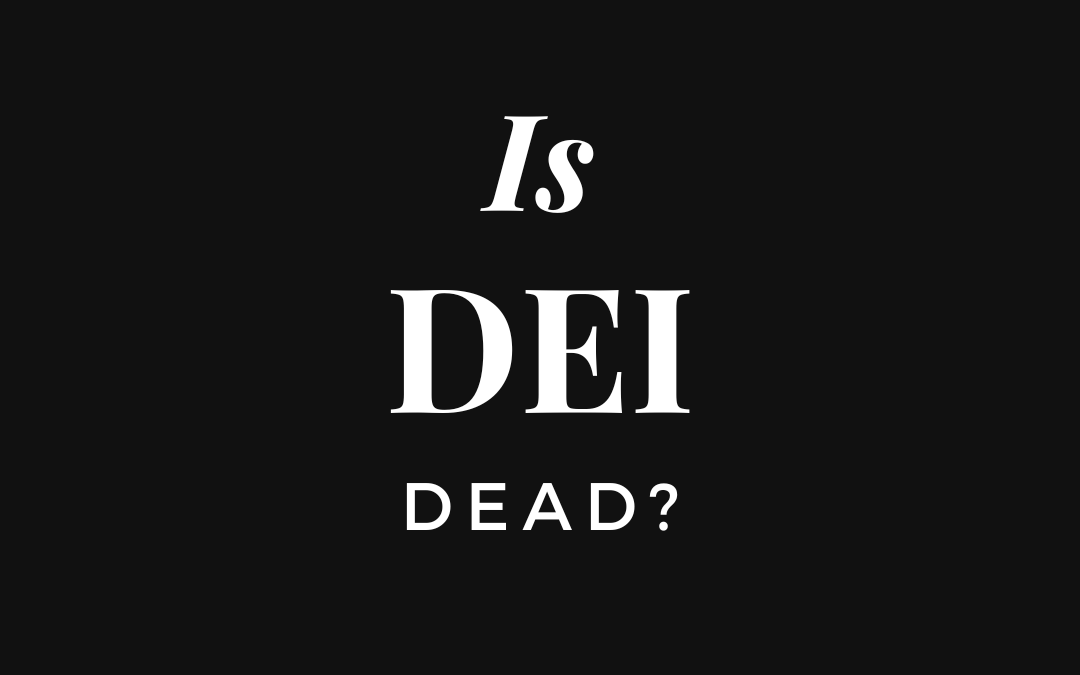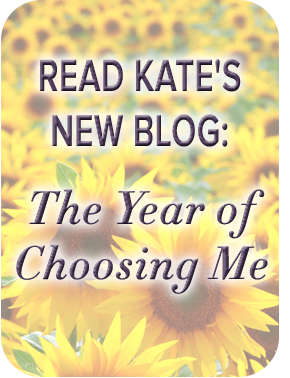“No, only black and brown.”. Inclusion became exclusion. 
I don’t know about you, but when I first saw companies focusing on DEI, I was excited and hopeful—finally, there was a chance for EVERYONE to have the resources and tools they needed to be successful.
Instead, I was seeing the world through rose-colored glasses.
I hoped DEI would help anyone who felt challenged in the workplace. It would cover not only religion, race/ethnicity, disabled, and sexual preference but areas such as ageism, single parents, and even being left-handed (did you know 10% of the population is left-handed, yet almost every workspace is set up for right-handed individuals, giving lefties a disadvantage in productivity?). And what about the 15% of the population with learning disabilities? That’s one out of seven people. Who’s helping them? There are too many groups to name here.
I was hopeful.
But that was different from my experience.
“No, only black and brown” was the consistent answer I received from the leader of the DEI group within an established Boston organization of over 7,000 members a few years ago when I asked what her group was focusing on.
I asked if the group would look at the rise of “Asian Hate Crimes” (if you’ll remember, there were many due to people believing that COVID came from China). She replied, “No, only black and brown.”
“What about the rise of antisemitism?” I asked. Again, she responded, “No, only black and brown”.
Then I asked about “ageism” and was again told, “No, only black and brown‘.
I later had a call with her supervisor, relaying the conversation. While she assured me that the person in charge of DEI initiatives in the organization didn’t respond correctly, I needed more faith that things would change.
Over time, I’ve asked DEI professionals about what is covered, and I get a similar answer. I was especially concerned about the rise of antisemitism and was disappointed to find it wasn’t on their agenda.
In an effort to be inclusive, this initiative of DEI has become exclusive. I hear this repeatedly hear this same opinion echoed by other professionals, executives, associates, and clients.
“If you’re not Jewish, you may not know this, but since October 7, there’s been literally an explosion of violence against Jewish people, attacks against Jewish people, horrific acts of hatred against Jewish people. The FBI says it’s been unprecedented, 400% increase just in the past three weeks. If you don’t know that, it’s because your social media algorithm is not telling you that. And you might want to ask yourself “why.” – CNN analyst Van Jones
If DEI had set out to do what it was supposed to, would this have happened?
And, now, DEI professionals are amongst the first to be laid off in many companies.
According to a press release from RedBalloon, companies in the country spent over $9 billion on DEI initiatives in 2022. From a Bloomberg Law article this year: More than 300 DEI professionals departed companies in the last six months, including Amazon.com Inc., Twitter Inc., and Nike Inc., the report found.
DEI has failed us. There are too many double standards and that’s not acceptable.
We trusted you and you let us down.
To those DEI professionals who did include stopping antisemitism in their teachings, my community and I thank you and wish you were part of the majority- not the minority.
If hate rises against one group, it inevitably rises against them all.
So, what will the workplace and schools do now to ensure everyone feels included AND safe?
Be Brilliant,

International Speaker | Best-Selling Author |
Breakthrough Success Expert | Leading Mindset Expert | Award-Winning Strategist | Coaching for Professional/Personal Development




